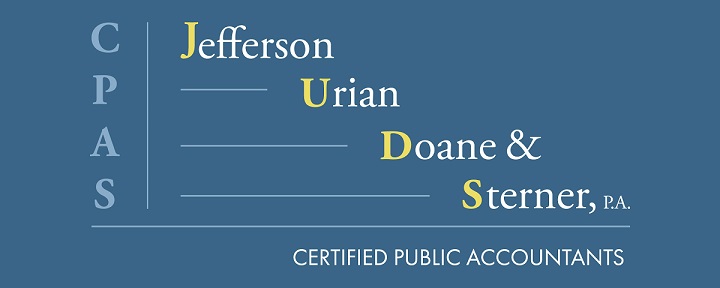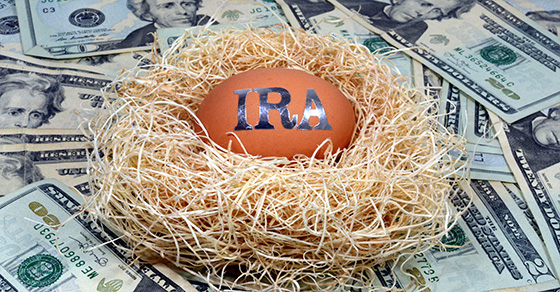Employees: Don’t forget about your FSA funds
Employees: Don’t forget about your FSA funds
Many employees take advantage of the opportunity to save taxes by placing funds in their employer’s health or dependent care flexible spending arrangements (FSAs). As the end of 2020 nears, here are some rules and reminders to keep in mind.
Health FSAs
A pre-tax contribution of $2,750 to a health FSA is permitted in both 2020 and 2021. You save taxes because you use pre-tax dollars to pay for medical expenses that might not be deductible. For example, they wouldn’t be deductible if you don’t itemize deductions on your tax return. Even if you do itemize, medical expenses must exceed a certain percentage of your adjusted gross income in order to be deductible. Additionally, the amounts that you contribute to a health FSA aren’t subject to FICA taxes.
Your plan should have a listing of qualifying items and any documentation from a medical provider that may be needed to get a reimbursement for these items.
To avoid any forfeiture of your health FSA funds because of the “use-it-or-lose-it” rule, you must incur qualifying medical expenditures by the last day of the plan year (Dec. 31 for a calendar year plan), unless the plan allows an optional grace period. A grace period can’t extend beyond the 15th day of the third month following the close of the plan year (March 15 for a calendar year plan).
An additional exception to the use-it-or lose-it rule permits health FSAs to allow a carryover of a participant’s unused health FSA funds of up to $550. Amounts carried forward under this rule are added to the up-to-$2,750 amount that you elect to contribute to the health FSA for 2021. An employer may allow a carryover or a grace period for an FSA, but not both features.
Examining your year-to-date expenditures now will also help you to determine how much to set aside for next year. Don’t forget to reflect any changed circumstances in making your calculation.
Dependent care FSAs
Some employers also allow employees to set aside funds on a pre-tax basis in dependent care FSAs. A $5,000 maximum annual contribution is permitted ($2,500 for a married couple filing separately).
These FSAs are for a dependent-qualifying child under age 13, or a dependent or spouse who is physically or mentally incapable of self-care and who has the same principal place of abode as the taxpayer for more than half of the tax year.
Like health FSAs, dependent care FSAs are subject to a use-it-or-lose-it rule, but only the grace period relief applies, not the up-to-$550 forfeiture exception. Thus, now is a good time to review expenditures to date and to project amounts to be set aside for next year.
Note: Because of COVID-19, the IRS has temporarily allowed employees to take certain actions in 2020 related to their health care and dependent care FSAs. For example, employees may be permitted to make prospective mid-year elections and changes. Ask your HR department if your plan allows these actions if you believe they would be beneficial in your situation. Other rules and exceptions may apply.
Contact us if you’d like to discuss FSAs in greater detail.
© 2020










